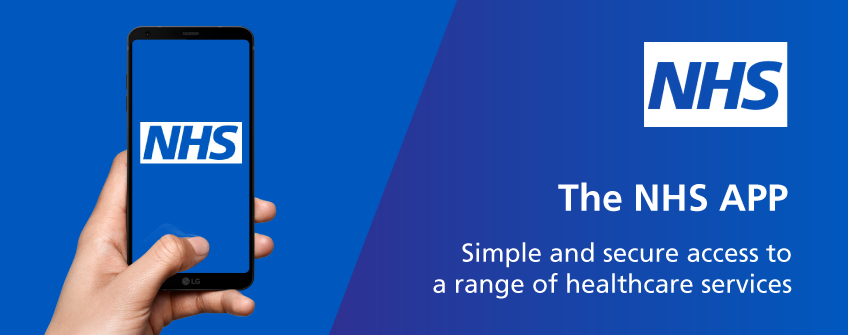Coronavirus Information
Coronavirus - Advice for Patients
Stay at home if you have coronavirus symptoms
Stay at home for 10 days if you have either:
- a high temperature
- a new, continuous cough
- a loss or change to your sense of smell or taste
Do not go to a GP surgery, pharmacy or hospital.
You do not need to contact 111 to tell them you're staying at home.
Read the NHS advice about staying at home.
Read the leaflet: Isolating at Home
Urgent Advice
Use the NHS 111 online coronavirus service if:
- you feel you cannot cope with your symptoms at home
- your condition gets worse
- your symptoms do not get better after 10 days
Use the 111 coronavirus service
Only call 111 if you cannot get help online.
Information is available at gov.uk/coronavirus and https://www.nhs.uk/conditions/coronavirus-covid-19
Like the common cold, coronavirus infection usually occurs through close contact with a person with novel coronavirus via cough and sneezes or hand contact. A person can also be infected by touching contaminated surfaces if they do not wash their hands.
The risk of being in close contact with a person with coronavirus or contaminated surfaces is very low at the current time.
Everyone is being reminded to follow Public Health England advice to:
- Always carry tissues with you and use them to catch your cough or sneeze. Then bin the tissue, and wash your hands, or use a sanitiser gel.
- Wash your hands often with soap and water, especially after using public transport. Use a sanitiser gel if soap and water are not available.
- Avoid touching your eyes, nose and mouth with unwashed hands.
- Avoid close contact with people who are unwell.
You can find the latest information and advice from Public Health England at www.gov.uk/coronavirus.
Updated: 16/3/20
Page created: 12 August 2021
